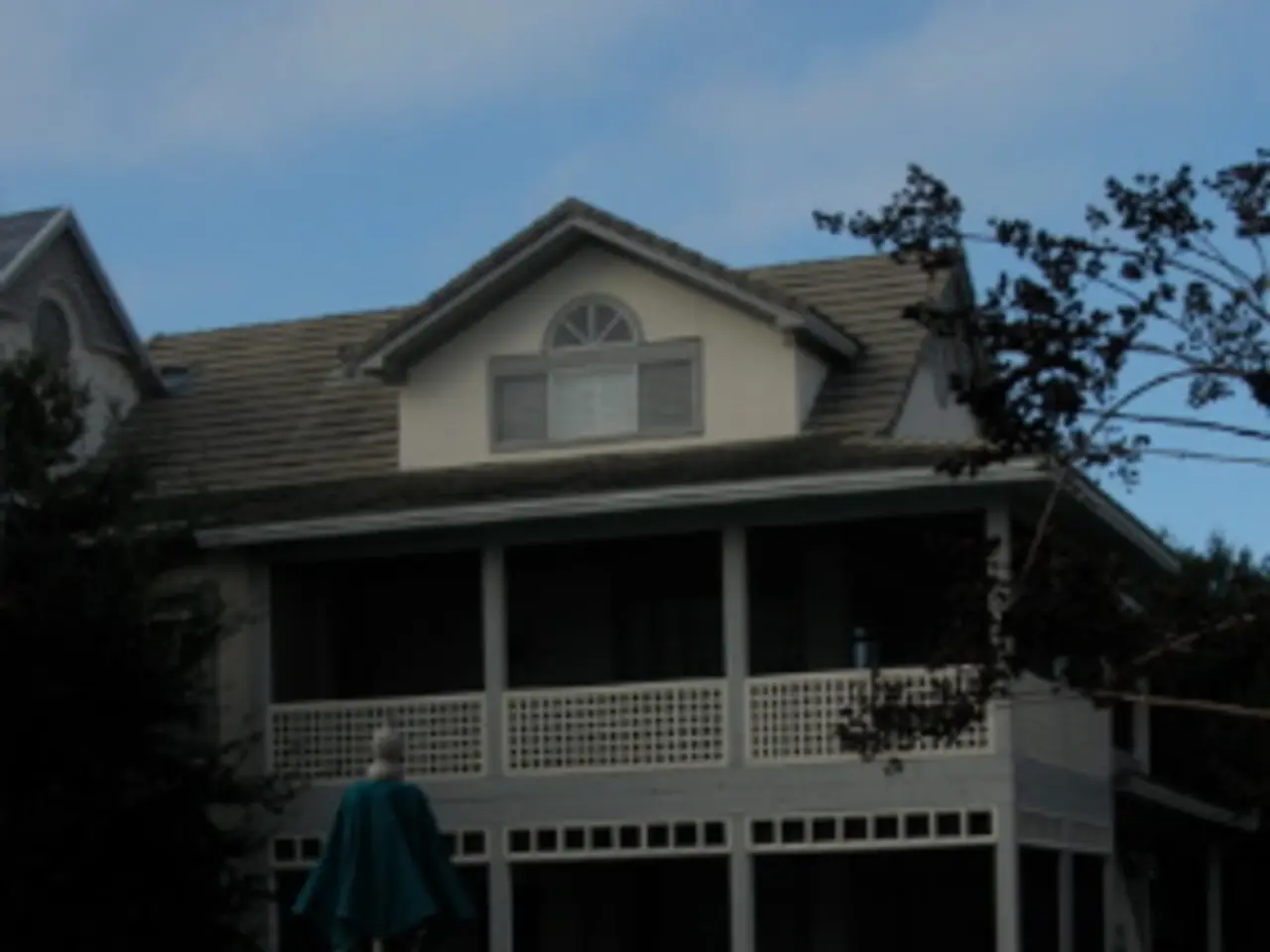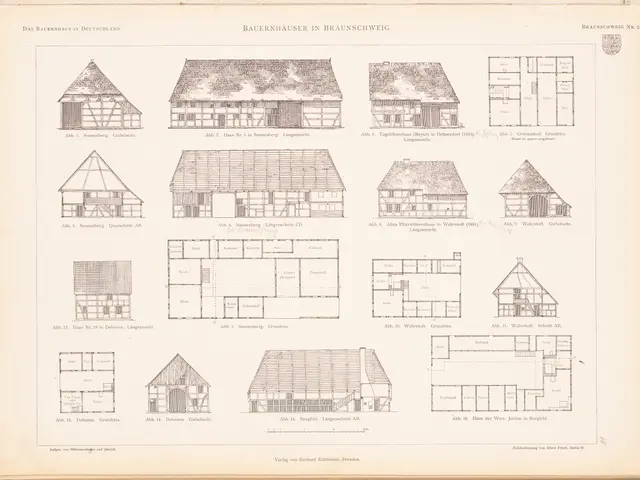Outdoor Space Refresh: Discovering the Perfect Tiles for Your Swimming Pool to Enhance Its Aesthetic
In the quest for the perfect pool, the importance of pool coping often gets overlooked. However, this crucial element plays a significant role in enhancing the pool's appearance, feel, and functionality for years to come.
Pool coping serves as a transition between the pool structure and the surrounding deck or paving, creating a seamless flow between the pool and outdoor area, visually enlarging the space. The right pool coping not only enhances comfort but also boosts home value and completes the overall look of the outdoor space.
When it comes to selecting the best pool coping materials, balance is key. The ideal choice should offer slip resistance, heat resistance, water resistance, durability, and aesthetic appeal. Two standout materials that meet these criteria are porcelain tiles and coral stone, each with distinct advantages.
Porcelain tiles, renowned for their versatility and durability, are an excellent all-around choice for pool coping. Engineered with textured, anti-slip surfaces and UV-resistant pigments, they provide safety, durability, water imperviousness, and style flexibility. Porcelain tiles stay relatively cool underfoot compared to darker or denser materials, enhancing comfort in hot climates. They also offer a wide range of colours, textures, and formats, allowing for flexibility in design.
On the other hand, coral stone, a favoured natural material, is particularly popular for its slip resistance and low heat retention, especially in hot climates. Its naturally non-slip surface provides excellent traction even when wet, making it ideal for high foot traffic and safety. Coral stone is also extremely durable, withstanding severe weather without damage and pool chemicals with ease. It offers a luxurious and natural aesthetic, popular in upscale residential and resort environments.
Other common pool coping materials such as natural stone, concrete, brick, and pavers are options but may lack in one or more of these key characteristics, especially slip or heat resistance.
Properly installed and grouted coping tiles are relatively low-maintenance, requiring occasional hosing down, gentle scrubbing, and routine checks. Working with a tile expert who specialises in outdoor and pool settings is essential for proper pool coping installation to prevent water leakage, uneven edges, and early tile failure.
Outdoor porcelain tiles have non-porous surfaces that resist staining, mould, and algae, making them a hygienic and easy-to-maintain choice. Brands like RMG Tiling & Bullnose offer tailored coping tile solutions that meet safety standards and transform backyards into luxurious retreats.
Pool coping edge profiles can include bullnose, drop face, square edge, and rebated coping, each adding a unique level of sophistication. Upgrading or installing a new pool should not overlook the importance of pool coping. The right tile selection for pool coping determines how comfortable, safe, and easy to maintain the pool edge will be.
In summary, premium tiles designed for outdoor and pool environments help ensure pool coping won't fade, crack, or deteriorate prematurely. High-quality materials like porcelain provide elegance and endurance for pool coping. Slip resistance is crucial for pool coping, as it reduces the risk of slips, especially for households with children or elderly family members. Outdoor porcelain tiles offer excellent heat resistance, staying cooler underfoot in Australian summers.
- Pool coping, as a transition between the pool structure and the surrounding deck, plays a significant role in enhancing the pool's overall look and functionality.
- In the selection of pool coping materials, balance is essential, focusing on slip resistance, heat resistance, water resistance, durability, and aesthetic appeal.
- Porcelain tiles, known for their versatility and durability, offer an excellent choice for pool coping, with textured, anti-slip surfaces and UV-resistant pigments.
- Coral stone, a natural material, is popular for its slip resistance and low heat retention, making it ideal for high foot traffic and safety.
- Other common pool coping materials like natural stone, concrete, brick, and pavers may lack in one or more key characteristics, especially slip or heat resistance.
- Properly installed and grouted coping tiles, such as outdoor porcelain tiles, are relatively low-maintenance, requiring occasional cleaning and routine checks for longevity.




